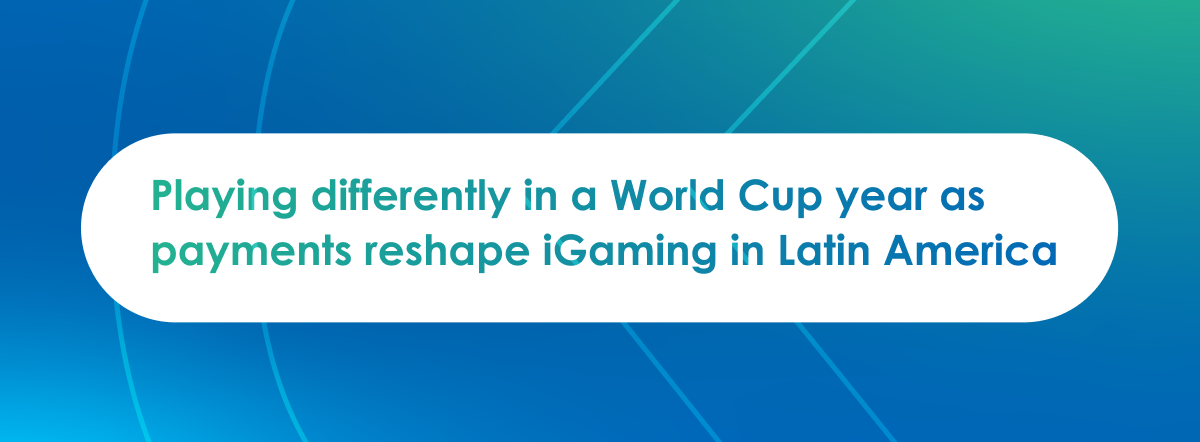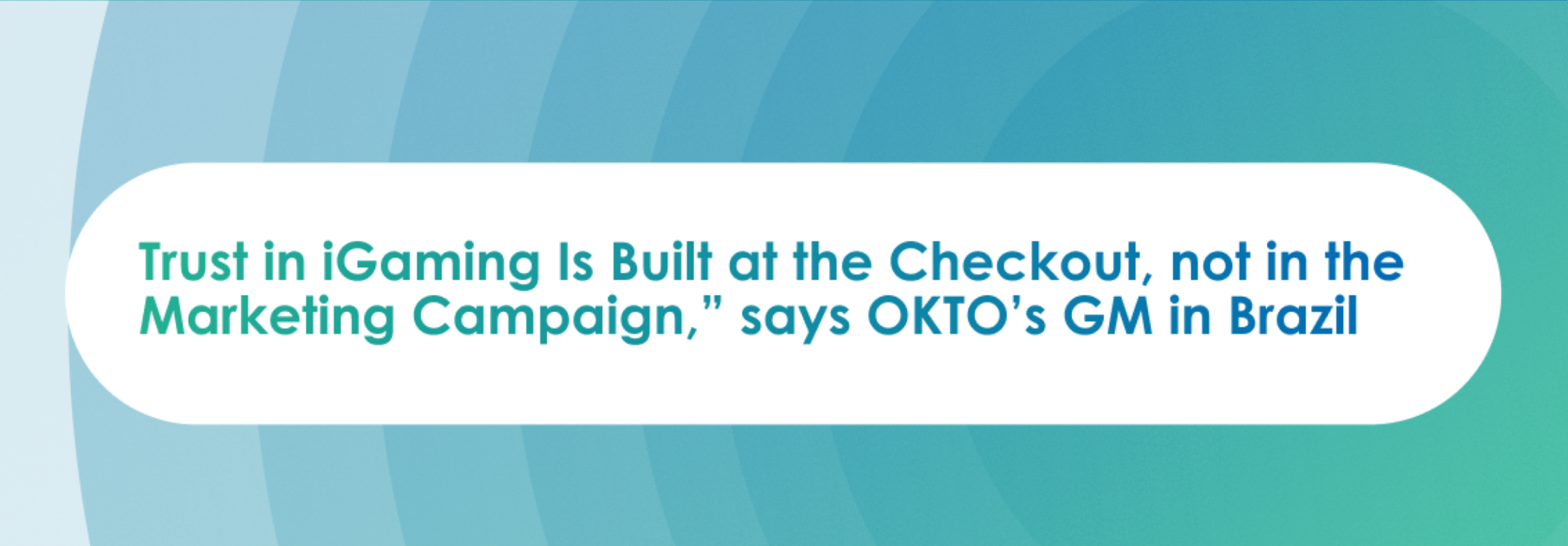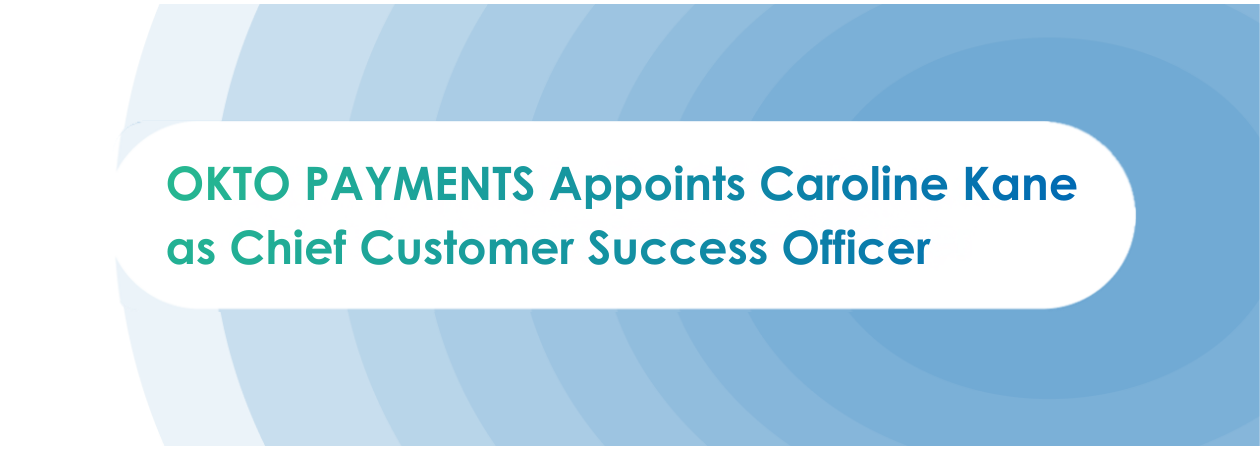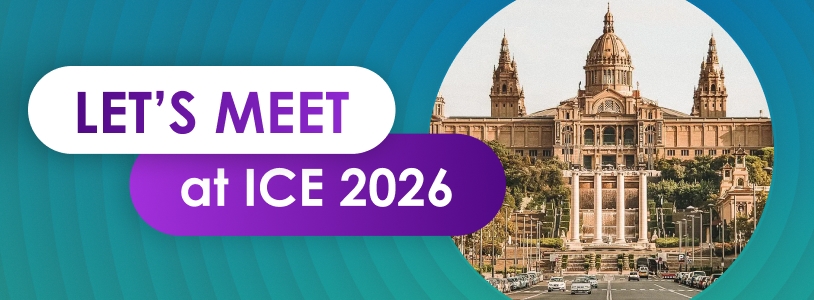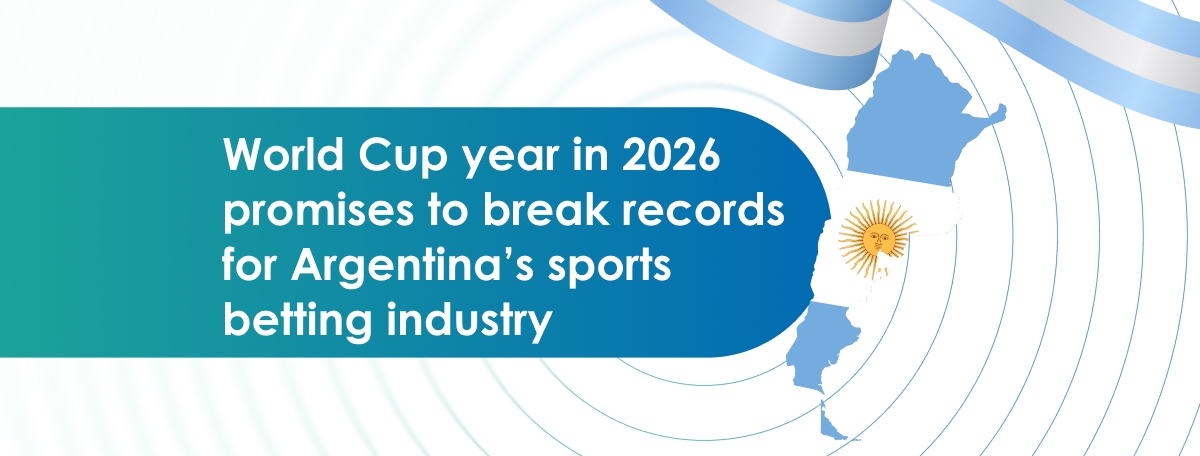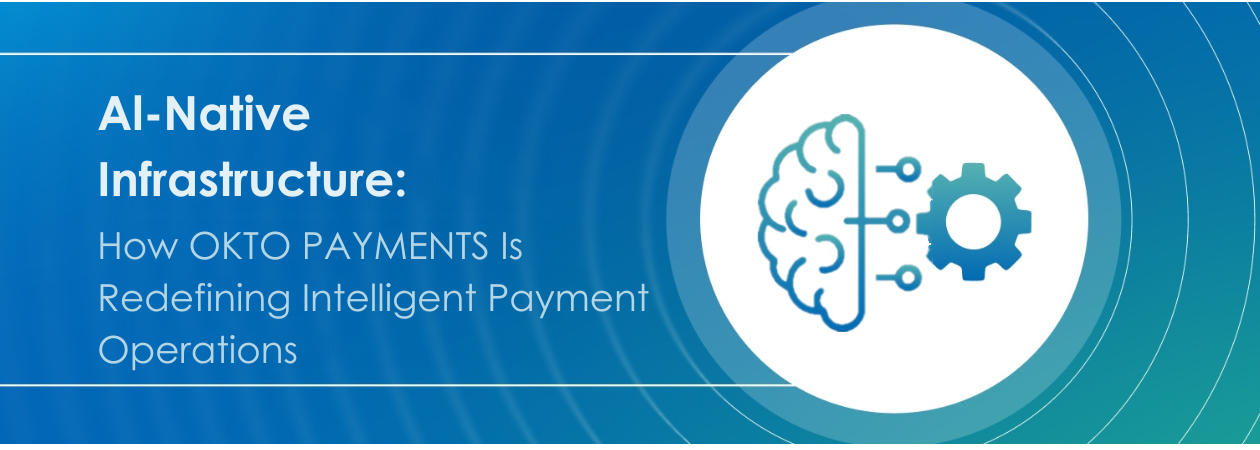The Real Cost of “Wait a Few Days”
Every second counts. While operators focus on game variety and marketing campaigns, there is a silent revenue killer hidden in their payment systems: slow payouts.
What may seem like a minor operational detail is, in fact, costing millions in lost revenue, eroded trust, and missed opportunities. In a market where margins are tight and player loyalty is fragile, slow deposits and withdrawals are not just an inconvenience — they are a competitive disadvantage.
When players request a deposit or a withdrawal, they expect speed and certainty. But outdated payment systems often force them into a waiting game that damages trust and accelerates churn.
Market reality shows:
- Players experiencing payin or payout delays are significantly more likely to leave the platform.
- Payout speed is considered a decisive factor in operator choice.
- Every additional moment in payment processing markedly increases the likelihood of player loss.
But the costs go far beyond immediate user loss. Slow payouts create a cascade of hidden expenses that accumulate throughout the operation.
Hidden Cost #1: The Player Acquisition Trap
In the Latin American iGaming market, operators typically invest $200 to $400 per player to acquire new customers. But when players face delays or restrictions on withdrawals, the damage goes far beyond frustration — that investment turns into lost revenue.
A retained player can generate up to six times their initial deposit value over 12 months. When they leave due to slow or unreliable payouts, that potential vanishes, turning what should be a profitable acquisition into a sunk cost. At scale, an operator losing just 15–20% of its players because of payment friction could be wasting hundreds of thousands of dollars in potential annual value.
Ensuring fast, transparent, and reliable payouts isn’t just an operational detail — it’s a strategic growth driver. Platforms that deliver quick withdrawals build trust, increase deposit frequency, and drastically reduce churn, boosting profitability without raising marketing spend.
Investing in a superior payment experience means protecting your acquisition spend and multiplying lifetime player value — a decisive edge for any operator aiming to lead the Latin American iGaming market.
Hidden Cost #2: The Trust Deficit Multiplier
Reputation is as important as liquidity. Players share their experiences on social media, in forums, and in dedicated online communities. A single frustrated user posting about withdrawal delays can influence hundreds of potential customers before they even register.
Negative payment experiences are shared up to four times more often than positive ones. Players tend to trust horror stories about delayed withdrawals more than marketing claims about instant deposits or generous bonuses.
This creates a destructive cycle: slow payouts generate negative word-of–mouth, which increases acquisition costs across every channel — paid media, affiliates, influencers. With tight margins, operators often end up cutting costs exactly where they shouldn’t: in payment and support infrastructure.
In the end, what should be a competitive advantage becomes a reputational liability. Platforms that prioritize speed, transparency, and reliability in payouts not only reduce churn — they create brand advocates, lower organic CAC, and build a solid foundation for sustainable growth.
Hidden Cost #3: The Support Sink
Slow payout systems create a constant flow of player inquiries, complaints, and escalations. Customer support teams end up spending 35–40% of their time handling withdrawal-related tickets — diverting resources that could be focused on retention, upsell, and player experience.
This operational burden extends well beyond customer service:
- Finance teams must manage complex manual reconciliation processes, driving up operating costs and extending closing cycles.
- Compliance teams face a higher volume of documentation and additional checks while trying to maintain regulatory standards in already demanding markets.
- Management and leadership deal with regulatory inquiries around processing delays, as well as increased reputational risk and potential penalties.
In the Latin American iGaming landscape, where margins are tight and operational efficiency is critical, every manual process tied to payments represents unnecessary cost. Automating and accelerating withdrawals not only enhances the player experience — it frees entire teams to focus on growth, reduces regulatory exposure, and cuts recurring operational expenses. It’s a change that has a direct and measurable impact on profitability.
Hidden Cost #4: Regulatory and Compliance Risks
Regulatory bodies across Latin America are tightening oversight of payout timelines in the iGaming sector. In Brazil, SECAP guidelines directly address withdrawal timeframes. In Argentina, the regulatory framework emphasizes player protection through prompt payouts. In Mexico, evolving standards are prioritizing operational transparency.
Recurring delays in withdrawals can trigger serious regulatory consequences that go far beyond occasional fines:
Direct Regulatory Risks
- Investigations that halt growth — Operators under regulatory scrutiny often have their expansion initiatives suspended until cases are resolved.
- Fines and financial penalties — Amounts can range from tens of thousands to millions of dollars, depending on the severity and recurrence of violations.
- License review or suspension — These processes can freeze market access for months, preventing new acquisitions and generating significant revenue losses.
- Ongoing enhanced monitoring — Penalized operators often face permanent compliance oversight, increasing operational costs in the long term.
In a market where regulatory compliance is a prerequisite for operation, ensuring efficient and timely payments is no longer optional. Platforms that treat this as a strategic priority don’t just mitigate legal risks — they build strong credibility with regulators and safeguard long-term growth.
Building Differently
Instant payments have evolved from competitive advantage to industry standard. In iGaming and high-performance digital sectors, operators must now deliver seamless transaction experiences where speed, trust, and compliance work as one integrated system.
OKTO PAYMENTS addresses this reality through Precision Mode — an infrastructure built specifically for the technical demands of high-stakes digital markets. This unified platform combines four core capabilities:
- Real-time settlement architecture enables withdrawals in seconds through direct banking integrations and intelligent routing.
- AI-driven embedded compliance integrates KYC/AML directly into transactional flow, ensuring regulatory security without creating friction.
- Smart routing and optimization selects the optimal path for every transaction, balancing cost efficiency with conversion performance.
- Predictive risk management leverages AI-powered fraud detection to enhance both speed and security simultaneously.
For operators, delayed transactions directly impact acquisition ROI, player lifetime value, and regulatory positioning. Meanwhile, competitors who prioritized payment excellence are already capturing market share and profitability. OKTO PAYMENTS transforms payments from operational challenge into strategic advantage — delivering instant processing, automated compliance, and cost optimization that strengthens market position.




